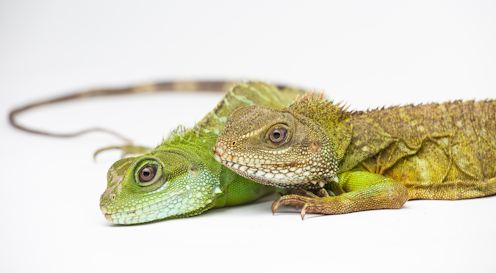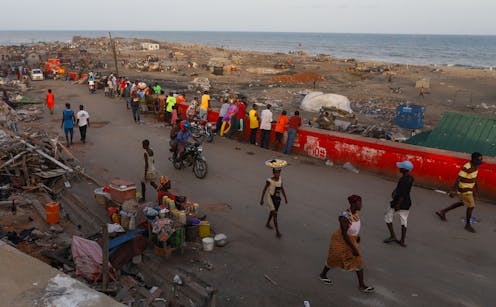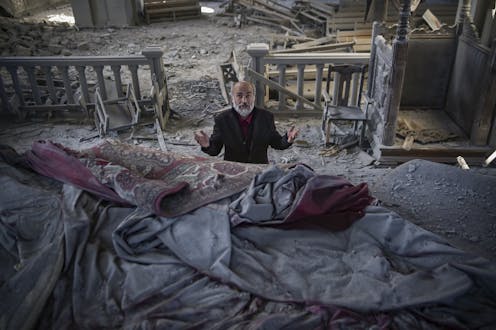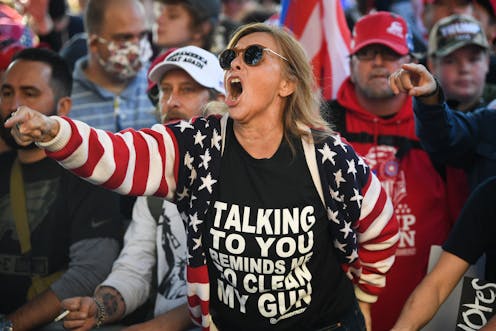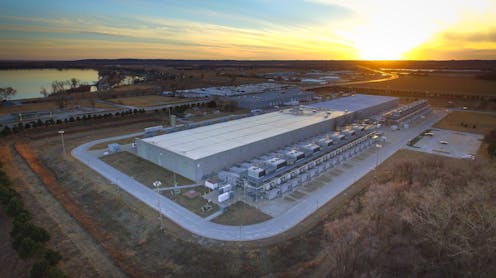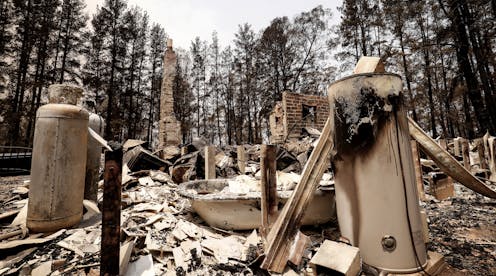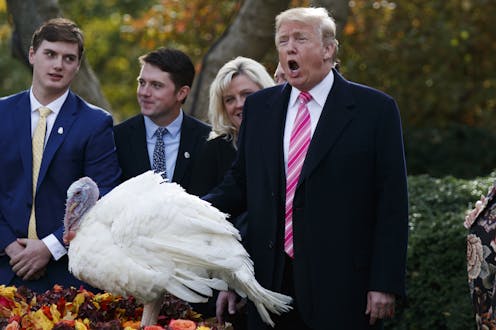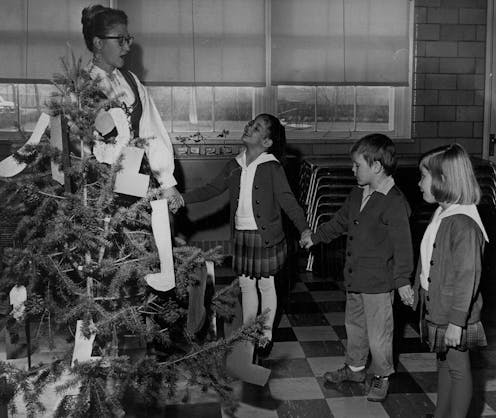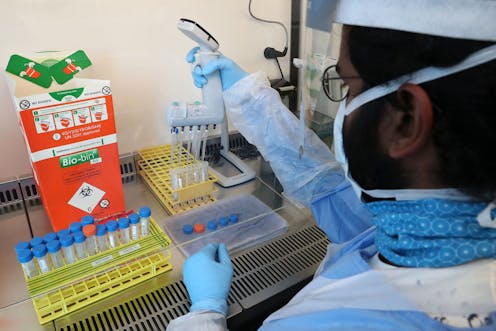What vaccine distribution planners can learn from Amazon and Walmart
- Written by Tinglong Dai, Associate Professor of Operations Management & Business Analytics, Johns Hopkins Carey Business School, Johns Hopkins University School of Nursing
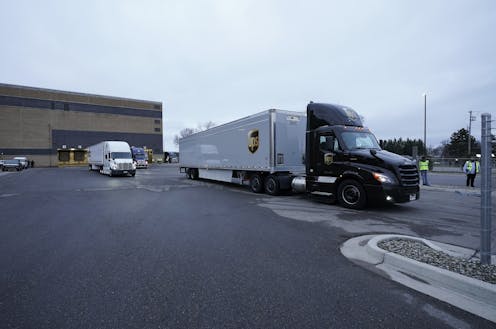 Efficient shipping and storage could prevent a lot of wasted vaccines. AP Photo/Morry Gash, Pool
Efficient shipping and storage could prevent a lot of wasted vaccines. AP Photo/Morry Gash, PoolThe initial rollout of Pfizer’s COVID-19 vaccine has begun, and vaccines are shipping across the U.S. Demand for COVID-19 vaccines will outpace supply for the foreseeable future. Yet experts have warned that a substantial proportion of these...
Read more: What vaccine distribution planners can learn from Amazon and Walmart


